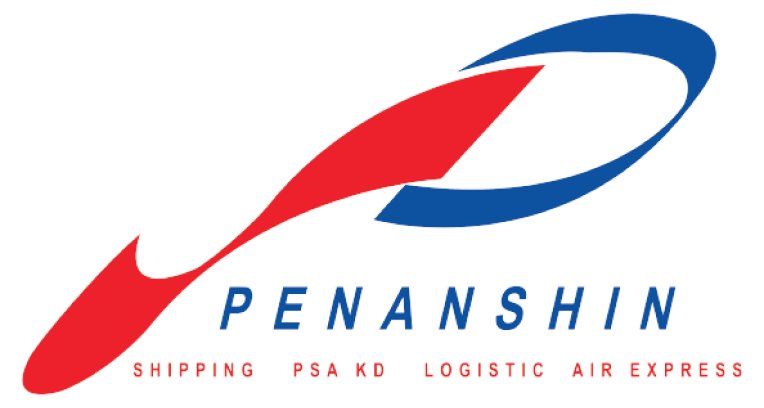Our Commitment
At Penanshin Shipping, we believe that long-term, transparent relationships with our stakeholders are vital to sustainable growth. Our commitment to responsible business practices is grounded in open dialogue, active listening, and mutual respect. Through meaningful engagement, we strive to understand stakeholder expectations and integrate their perspectives into our business decisions and growth strategies.
Purpose
This policy aims to:
Formalize our approach to identifying and engaging with stakeholders.
Foster trust and long-term collaboration across stakeholder groups.
Promote transparency and accountability across our operations.
Align our business strategies with stakeholder needs and concerns.
Strengthen our corporate governance through consistent engagement practices.
Scope
This policy applies to Penanshin Shipping and all its subsidiaries, employees, contractors, suppliers, and partners, across all locations. It is designed to ensure that stakeholder engagement is applied consistently throughout the organization.
Our Stakeholder Engagement Principles
We follow these core principles:
Identification & Prioritization
We identify stakeholders who are affected by or can influence our operations. This includes employees, customers, investors, suppliers, communities, and regulators.Ongoing Communication
We maintain consistent and clear communication with stakeholders through suitable channels, including meetings, digital platforms, and formal reporting.Transparency & Disclosure
We are committed to timely, accurate, and transparent sharing of information in compliance with legal and ethical standards.Inclusive Engagement
We value stakeholder feedback and encourage participation in decisions that affect them. Their input is considered in shaping policies and strategic initiatives.
Key Stakeholder Groups & Engagement Channels
| Stakeholder Group | Engagement Channels |
|---|---|
| Employees & Workers | Intranet, newsletters, HR emails, training programs, performance reviews, committees |
| Investors & Shareholders | Annual meetings, reports, investor calls, press releases |
| Customers | Feedback surveys, customer service, social media, website, WhatsApp, calls, email |
| Suppliers & Contractors | Regular meetings, supplier audits, emails, workshops, procurement reviews |
| Government & Regulators | Formal correspondence, trade associations, policy advocacy meetings |
| Industry Associations | Forums, workshops, written communication, global logistics conferences |
| NGOs & Communities | CSR programs, community events, partnerships, direct consultations |
| Media | Press releases, interviews, plant visits, forums, official statements |
Stakeholder Practices Overview
1. Employees & Workers
Equal opportunity hiring and inclusive workplace practices.
Fair compensation and performance-based evaluation.
Training, health & safety, and work-life balance programs.
Confidential channels for feedback and grievance resolution.
2. Investors & Shareholders
Timely, transparent disclosures and financial reporting.
Fair treatment of all shareholders.
Responsible corporate governance practices.
3. Customers
Reliable, high-quality services using modern technologies.
Respect for privacy and data protection.
Ethical customer relationships and support systems.
4. Suppliers & Contractors
Transparent procurement processes.
Ethical business practices and timely payments.
Encouragement of sustainable and compliant operations.
5. Government & Regulators
Full compliance with all applicable laws and standards.
Responsible corporate citizenship and advocacy.
Support for low-carbon, sustainable growth initiatives.
6. Communities & NGOs
Focused CSR initiatives in education, health, environment, and disaster relief.
Collaboration with local organizations to empower communities.
Active participation in social development and cultural preservation.
7. Industry Associations
Promotion of global logistics collaboration and innovation.
Contribution to industry standards and best practices.
Participation in policy development for climate and digital transformation.
8. Media
Transparent, timely, and consistent media engagement.
Facilitation of accurate reporting through interviews and plant visits.
Positive relationship building with media partners.


